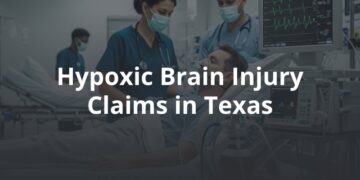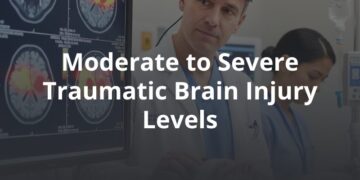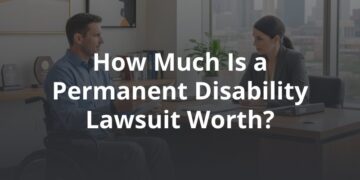One of the most common expenses people incur after being hurt in an accident are their medical costs. Of course, Texas allows people who were injured by another’s carelessness to recover those medical costs, but recent changes in the law are making it more and more difficult.
In Texas, recovery of medical expenses in a personal injury claim is limited to the amount actually “paid or incurred” by or on behalf of the claimant. In addition, the medical expenses must be “reasonable,” which the personal injury claimant, rather than the negligent person, has the burden of proving.
The most practical and efficient way for a personal injury claimant to prove that “paid or incurred” medical expenses were “reasonable” is through an affidavit approved by the Texas Legislature in chapter 18 of the Texas Civil Practice and Remedies Code. Essentially, rather than forcing the claimant to bring the medical provider live to trial to testify about the reasonableness of the costs, the claimant can prove the costs were reasonable by presenting an affidavit to the jury in court. After receiving the chapter 18 affidavit, the negligent person can only challenge the reasonableness of the claimant’s medical expenses by hiring an expert to contradict the reasonableness, which is, traditionally, a difficult hurdle to jump. Accordingly, chapter 18 affidavits have been used by claimants for years in order to lower the costs of bringing a case to trial (less experts to pay), reduce the number of depositions that have to be taken before a case goes to trial, reduce the number of cases that make it to trial, and reduce the amount of time those cases that proceed to trial actually take to complete.
Unfortunately, the value of the time- and cost-saving chapter 18 affidavit was recently dealt a substantial blow by the Texas Supreme Court in In re North Cypress Medical Center Operating Co., Ltd.
In re North Cypress involved a personal injury claimant who received treatment at a hospital following a car wreck. The claimant did not have health insurance, and the hospital bill was pretty large. After the claimant settled the personal injury case with the negligent person’s insurance, the claimant sought to negotiate a reduction of the large hospital bill. Having asserted a hospital lien against the claimant, the hospital refused to negotiate the bill, and held the claimant’s personal injury settlement hostage.
Having no other choice, the claimant sued the hospital, arguing the lien should be declared invalid because the bill it protected was unreasonably high. In order to prove the bill was unreasonable, the claimant demanded the hospital produce substantial information about how much the hospital gets paid for similar services from private and governmental health insurance companies, which generally pay a heavily discounted amount off the retail price tag. Despite protests by the hospital, the Texas Supreme Court held the personal injury claimant was generally entitled to seek that information, since the amount the hospital accepts as payment for the same services from other patients, including those covered by private insurance and government benefits, are relevant to whether the charges to the claimant were reasonable.
On its face, this decision is helpful to personal injury claimants; by opening the door to the hospital’s books and records, claimants can fight back against abuse billing practices hospitals frequently engage in with vulnerable patients. But the unintended consequences of In re North Cypress could be more harmful than helpful to people who incur medical costs after being hurt through no fault of their own. The negligent person who injured the claimant can now harass the claimant’s medical care providers, digging for information about the providers’ billing practices. By challenging the claimant’s 18.001 affidavit, the person who caused the injury might be able to create a “case within a case” about whether the claimant’s medical bills are reasonable, thereby forcing the claimant to bring their doctors live to trial to prove the charges were reasonable.
In re North Cypress is problematic for several reasons. First, it punishes those medical providers who treated the personal injury claimant on credit, and who don’t get paid until a case resolves. Since these providers typically get paid more for assuming the risk of delayed payment, they are a valuable part of the community, and help make sure people get the care they need after being hurt by someone else. It would not be surprising if less medical providers are willing to provide care to people who are hurt in accidents caused by another person. Second, it increases the amount of fighting that happens within a case by creating yet another point of contention the claimant has to prove at trial. This means higher costs of litigation, more cases going to trial (and further clogging our court system), and longer trials in general.
The claimant in North Cypress had no choice but to go to the hospital and receive medical care, and did not have a chance to learn about or agree to the hospital’s billing practices before the care was provided. So, it makes sense to have checks and balances against a hospital’s billing practices in this context. However, for personal injury claimants that agree to accept medical care on credit once the emergency has gone away, North Cypress creates more problems than it helps. Hopefully, the Texas Supreme Court or Legislature will recognize the unintended consequences of North Cypress, and limit its holding accordingly.
Contact FVF today to find out more about how to recover your medical costs in a personal injury case.








